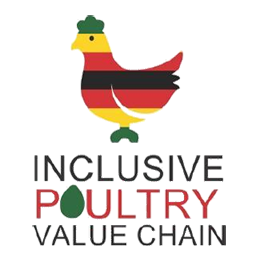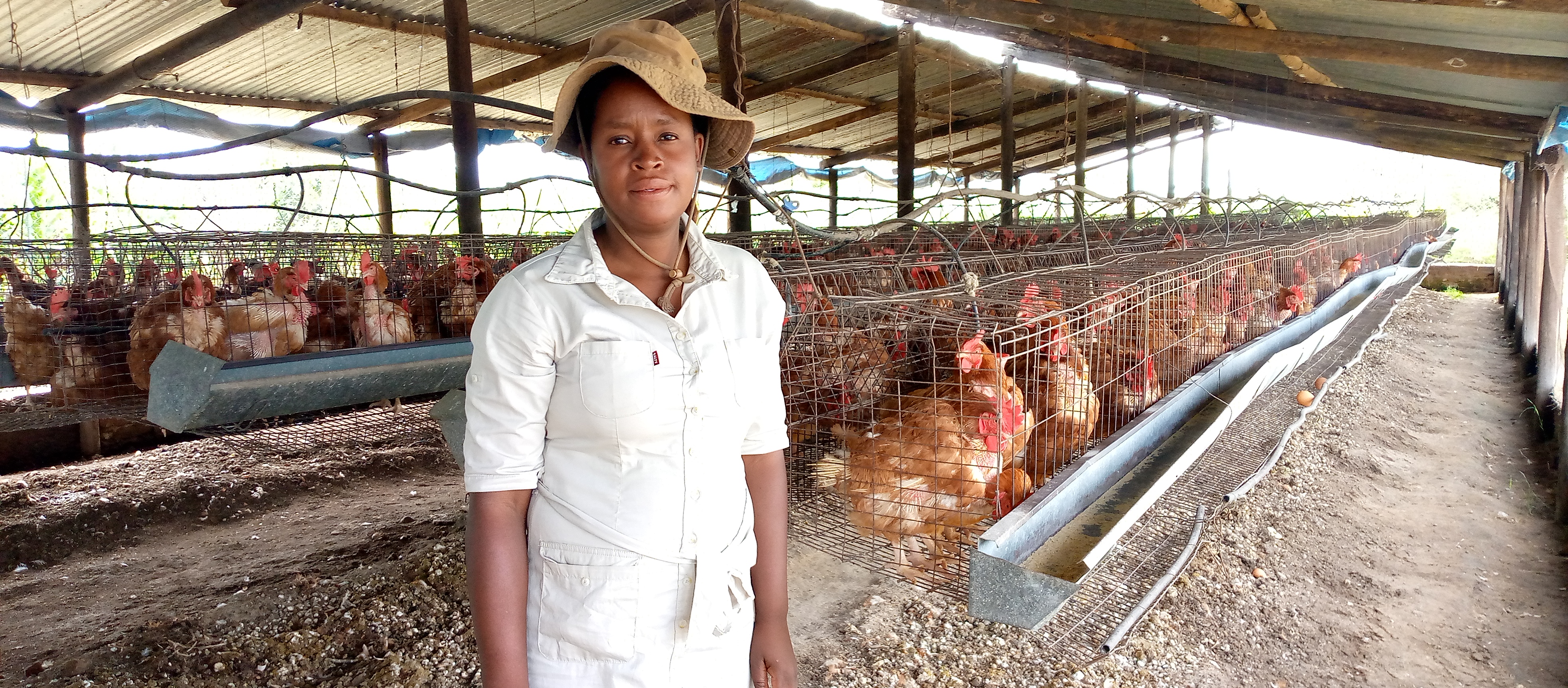


The broiler value chain was one of the fastest growing sectors in Zimbabwe during the last decade, with an estimated growth rate of 50% in three years (from 88,000 tons in 2012 to 132,000 tons in 2014). However, following a period of macroeconomic decline compounded by an outbreak of Avian Influenza in 2017, there has been an overall decline in growth of 10% in the sector. Most of the broiler production is carried out by Small and Medium Producers (SMPs) whose recovery is vital for the inclusive growth of the sector.
The IPVC project therefore seeks to implement interventions to improve the productivity of the SMPs This will be achieved by improving the economic, social and environmental performance of the poultry value chain and creating an enabling environment for a sustainable and inclusive poultry sector. The project target areas are Bulawayo, Gweru, Harare, Mutare, and Masvingo.
At least 10 integrators will be assisted to develop inclusive business models. The project targets 7,500 broiler and 2,500 egg SMPs who will benefit from improved social, environmental and economic performance of the VC at all levels.
The project has established Poultry Business Units (PBUs) in across five clusters in Bulawayo, Gweru Harare, Masvingo and Mutare. The PBUs act as administration and coordination units for collective action for Small to Medium Producers (SMPs) in the respective clusters. The PBU enables poultry farmer groups to gain economies of scale and scope to access extension, inputs, financial and market services in a more convenient and profitable manner. The PBU negotiates for bulk purchases of day-old chicks and feed for SMPs, which in turn assists in four main value propositions, which are: reducing cost of production, increasing revenue, leveraging on service, and offering services including trainings and poultry farming information.

The PBU is owned, managed by and provides services to the farmer members. Two professional recruited staff members, that is, an administrator with mobilisation, extension and farmer organisation skills, and a bookkeeper provide human resources services to the hub. Each hub on average comprises of 1000 farmers, with an average flock size of 200 birds, targeting 5 cycles in a year. This gives a total output of 1 000 000 birds in a year. The hub operational costs are expected to be fully met from percentage contribution by SMP savings from bulk purchase.
Project Contacts:
Inclusive Poultry Chain Animated Video
Talking Poultry Newsletter (January -April 2021)
Social Media